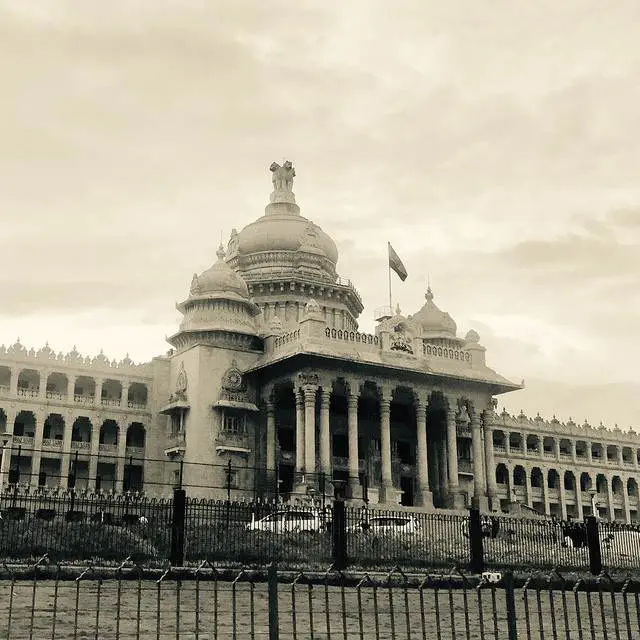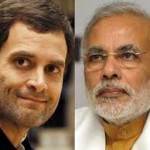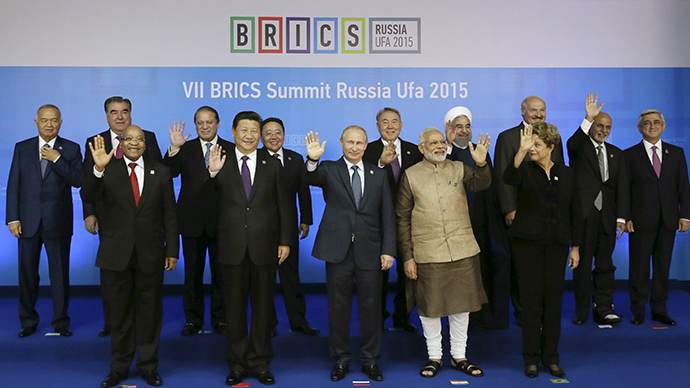
Sitting on the fence of neutrality and having once been impressed by Narendra Modi’s rock-star events I look at the years that have passed. It is hard to see tangible progress without statistics and Modi’s scorecard appears positive but falls short of the 50% mark in almost all areas. However, his popularity ratings seem better. I refer to the Times of India’s surveys which represents a national view, but not necessarily a regional one. We do live in an age of statistics and report cards but, our voting is still largely on blind faith and not on issues that hinder progress.
The result of the elections in Karnataka could potentially alter our democracy to a one-party supremacy or prevent transforming it to a theocratic state.
A baseline of our politics
There is a baseline for Indian politics which should be considered:
- Corruption is endemic and elastic. This is like rust and will grow even if checked.
- No party alliance (NDA or UPA) has a clean past; horrific incidents have been presided over by both.
- Progress is independent of the party being in power and can be attributed to ‘keeping up with the times’. (i.e.: could we have ignored the motor car or metro transportation or the IT revolution when the whole world is having it)! It is a matter of time and political leadership can hasten or delay it by a few years. Most projects anyway span across political terms.
- The bureaucracy calls the shots.
- There are parliamentarians with a criminal history.
- Several politicians have a dynastic political-fiefdom.
- Coalitions partnership is about power sharing and not making progressive changes.
One party rule with ideology and religion
A democracy functions well if there is a strong opposition. While there may be benefits in having a single party with absolute power, there is a danger of an ideology overtaking the benefits. In the current context, the basis on which elections are won in India is a religion because the BJP has mixed its campaigning with Hindutva! For the first time in India, a Sadhu has been made the Chief Minister of a state! Issues-based politics has yet to arrive and nothing can progress due to lack of a majority.
Amit Shah’s by-line these days is ‘from Panchayat to Parliament the BJP will be in power’. It must be said that Panchayats are the backbone of our village republics and have existed for centuries, it was never politicised and drew its committee from amongst the revered and credible of the villagers. They formed the basis of a political ethos. Over the years they have become political cesspools reflecting the national politics at the village level. The Village Committee as it is now called has reserved seats for women, scheduled caste/tribe and three open seats. Political parties compete in the elections and ultimately there is always a possibility of a hung panchayat throwing progress into a time lock!
This is the case also with Municipal Councils, Student and Labour Unions. There is party politics at every level. Now if we have a monolithic system with a strong religious basis for coming to power, backed by an (RSS) ideology, will we not be a theocratic state? The BJP can have a thousand reasons to argue against the idea, but the fact is that they have won on the Hindutva card. The wins have been significant in several states with the epicentre being in the Hindi heartland. The smaller states, where the BJP has won, there is a volatile political situation shifting between parties and even insurgencies to be in power. They really have no connection with the ideology or the form of religion much like the Southern States.
Significance to the Union
Karnataka elections will be a watershed in the current politics. It is important to BJP as it would have got them a foothold in the South. While it will not be the first time that the BJP has been in power in Karnataka, it will be the first with a strong Hindutva background, in a state that has little relevance to it.
The run-up to the elections has thrown up a North-South divide, which does question the state of the Union. Sub-nationalism prevails on the sub-continent but not all of it is secessionism. There is opposition to Hindutva which has been voiced but ignored. It is too late in the day for BJP to shed its Hindutva colours.
China has long held the view that India is a weak Union because of its caste system and that they are ripe for a proletariat action. We have regions where Maoist ideology has taken up arms for over five decades. China distances itself from the movements but could well take advantage to support the growth of a leftist ideology, which the BJP opposes.
Hindi-Hindutva
There is opposition to implementing Hindi, a programme that makes Hindutva a hegemony. Hindi is mandatory in the central services. It is a criterion for promotions especially for the non-gazetted employees, a stumbling block for people from non-Hindi states. It has become a lingua franca of sorts across the country, largely due to Bollywood. With a Hindutva backed political party Hindi Implementation will be viewed as an assimilation programme.
History has examples of one party supremacy, backed by (fundamentalist) ideology. The milestones to power included getting rid of a monarchy, a cultural hegemony and ultimately a downfall. While we compare ourselves with the growth of China, we are oblivious to their historical bloodshed and depravity of human values and Hanification of other cultures. The causes for the fall of Soviet Union included the hegemony of Russification.
The BJP despite all its well-meaning national initiatives will have to carry the burden of Hindutva which has significance in one region and is almost irrelevant in another. A dichotomy which they have no means or intention to manage. The very idea of Hindutva being touted makes an insecure environment for other religions and groups. They have managed to shift the bias from a caste to a religious angle, all in the name of developing a national identity. Quite an extraneous and superfluous exercise.
May 2018 elections
Karnataka is unique where several linguistic groups reside but have adopted Kannada as the lingua franca. One can sit for the School Leaving Certificate with an option of studying from 10 different languages, which includes Arabic. In the earlier years, French and Prakrit were also offered. This is also a state with a larger proportion of other religions, making it more diverse than most other states.
Voting in Karnataka will thus be to vote for the future of democracy, freedom from theocracy and the solidarity of the Union.




